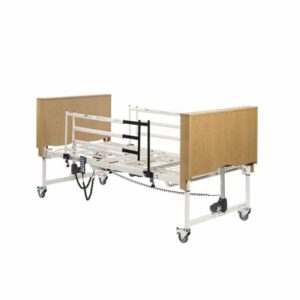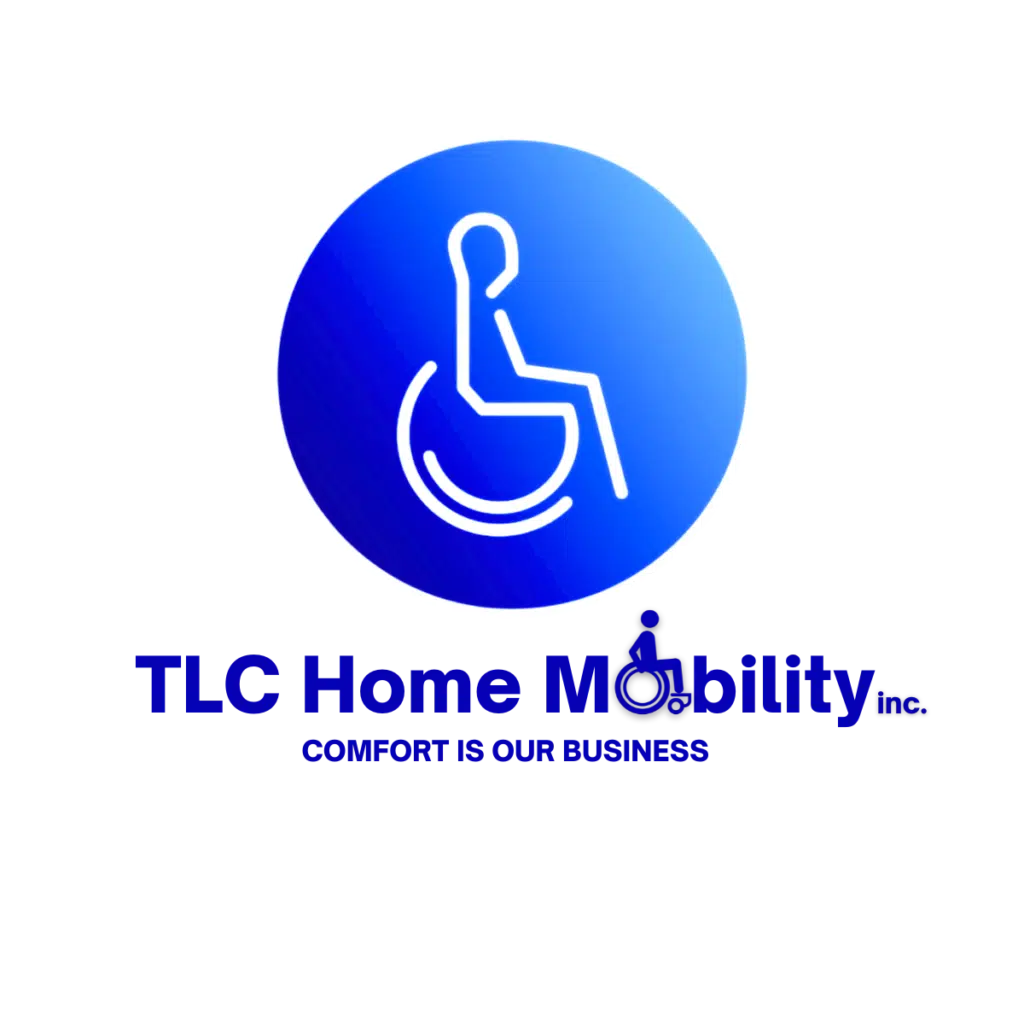
Home Hospital Beds
Enhancing Comfort and Care: The Benefits of Home Hospital Beds
In recent years, the concept of healthcare has expanded beyond the traditional hospital setting. The rise of home hospital beds has revolutionized the way we approach patient care, allowing individuals to receive medical attention and support in the comfort of their own homes. These specialized beds offer a plethora of advantages that cater to patients, caregivers, and the overall healthcare system. In this article, we will delve into the various benefits of home hospital beds and how they are transforming the landscape of healthcare.
1. Comfort and Convenience:
One of the most apparent benefits of home hospital beds is the enhanced comfort they provide. Unlike standard beds, these specialized beds are designed to cater to a patient’s medical needs while prioritizing comfort. They often come equipped with adjustable features that allow patients to find the most suitable position for their recovery. Whether it’s elevating the head for better breathing or adjusting the bed’s height to facilitate easy transfers, these beds ensure that patients can maintain optimal comfort while receiving medical care.
2. Improved Recovery Rates:
Studies have shown that patients who receive care in a familiar and comfortable environment tend to experience improved recovery rates. Home hospital beds enable patients to recover in a space they are accustomed to, surrounded by their personal belongings and loved ones. This familiar setting can contribute significantly to reducing stress and anxiety, which are known barriers to the healing process. As a result, patients may experience quicker recovery times and better overall well-being.
3. Cost-Effectiveness:
Home hospital beds can offer substantial cost savings to both patients and the healthcare system. Extended hospital stays can be financially burdensome, not to mention the additional costs associated with hospital services. By transitioning a patient to a home hospital bed, the need for prolonged hospitalization can be minimized, leading to reduced medical expenses. Additionally, home care services are often more affordable than in-hospital care, making it an economically viable option for individuals seeking medical support.
4. Family Involvement:
A critical aspect of the healing process is the support and presence of family members. Home hospital beds promote family involvement in the patient’s care journey. Loved ones can actively participate in caregiving tasks, monitor the patient’s progress, and provide emotional support. This level of involvement can have a positive impact on the patient’s mental and emotional well-being, fostering a sense of belonging and care.
5. Reduced Strain on Healthcare Facilities:
The global healthcare system is often under strain due to limited hospital resources and increasing patient numbers. Home hospital beds help alleviate this strain by freeing up hospital beds for patients who require more intensive care. Patients with conditions that can be managed effectively at home, such as post-surgery recovery, chronic illnesses, or palliative care, can benefit from home hospital beds, thus reducing the burden on healthcare facilities.
6. Customized Medical Care:
Home hospital beds are equipped with advanced features that enable patients to receive specialized medical care without leaving their homes. These beds can be integrated with monitoring devices, IV poles, and other medical equipment, ensuring that patients receive the necessary treatments without compromising on their comfort. This level of customization allows healthcare professionals to provide tailored care plans that cater to each patient’s unique needs.
In conclusion, the advent of home hospital beds has ushered in a new era of patient-centered care. These beds offer a range of benefits, from enhanced comfort and improved recovery rates to cost savings and reduced strain on healthcare facilities. By empowering patients to recover in the familiarity of their own homes, home hospital beds are not only changing the way we approach healthcare but also contributing to more holistic and effective recovery journeys. As technology and medical advancements continue to evolve, the landscape of patient care is likely to become even more patient-centric, with innovations that prioritize both medical needs and personal well-being.


